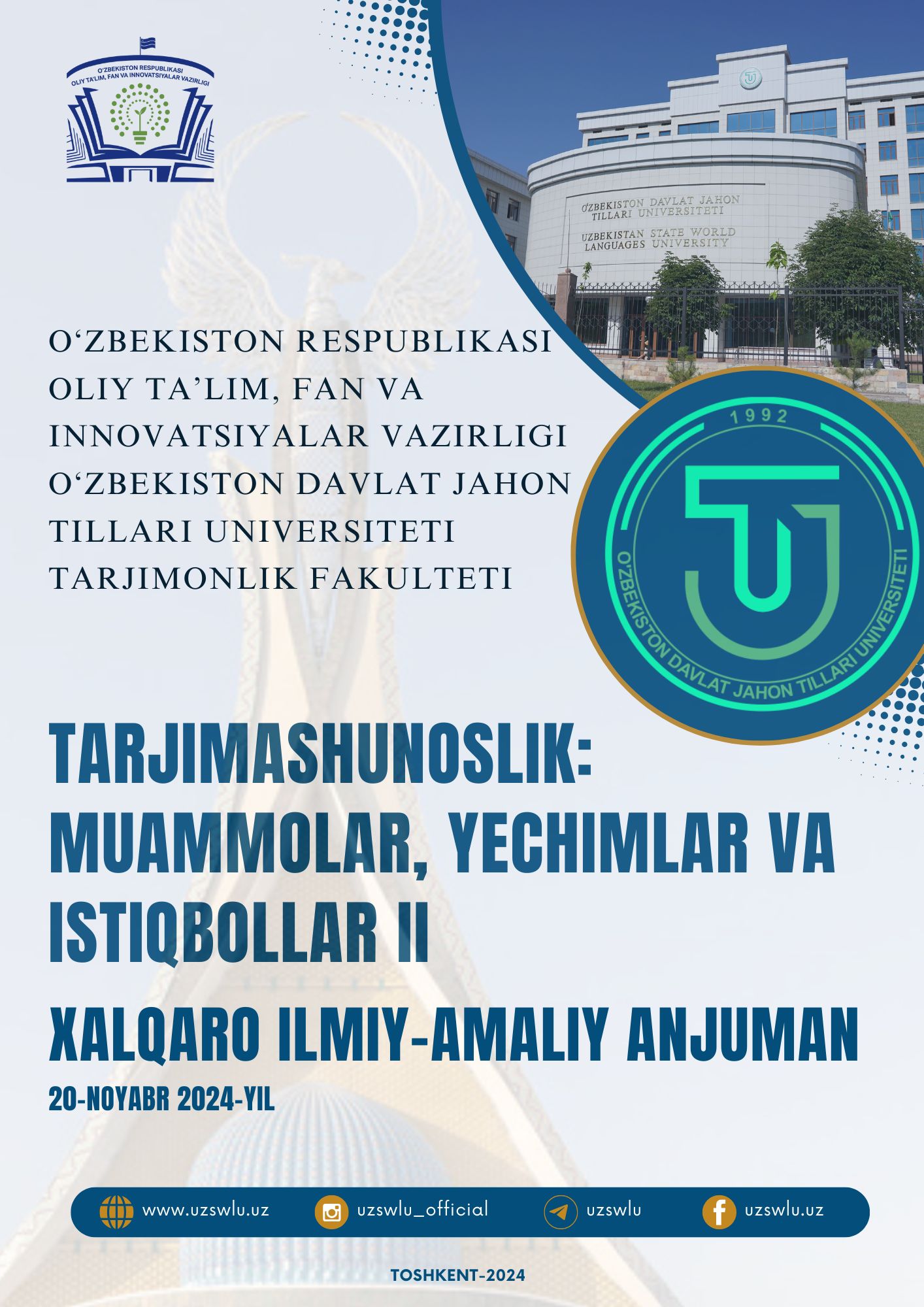COMPERATIVE ANALYSIS IN LITERARY STUDIES
Kalit so‘zlar
Cross-Cultural, comparative analysis, postcolonial studies, historical comparison, genres and forms, central method in literary studies, concept of intertextuality, challenge, different contexts.Annotasiya
This article provides a comprehensive overview of comparative analysis in literary studies, tracing its historical development and methodological approaches. It highlights how comparative analysis goes beyond national boundaries, focusing on cross-cultural, thematic, and structural examinations of texts. The discussion includes key concepts such as intertextuality, themes, genres, and cross-cultural perspectives, which are critical for understanding literature’s global connections. The article also addresses challenges like language barriers, ethnocentrism, and cultural specificity, which scholars face when analyzing texts from different traditions. Ultimately, it underscores the importance of comparative analysis in fostering a deeper, more global understanding of literature.
Foydalanilgan adabiyotlar ro‘yhati
Bassnett, S. (1993). Comparative Literature: A Critical Introduction. Blackwell Publishers.
Damrosch, D. (2003). What is World Literature? Princeton University Press.
Spivak, G. C. (2003). Death of a Discipline. Columbia University Press.
Apter, E. (2013). Against World Literature: On the Politics of Untranslatability. Verso Books.
Wellek, R. (1970). Discriminations: Further Concepts of Criticism. Yale University Press.
Greene, R., & Cushman, S. (Eds.). (2012). The Princeton Encyclopedia of Poetry and Poetics (4th ed.). Princeton University Press.
Goethe, J. W. (1827). "On World Literature."

